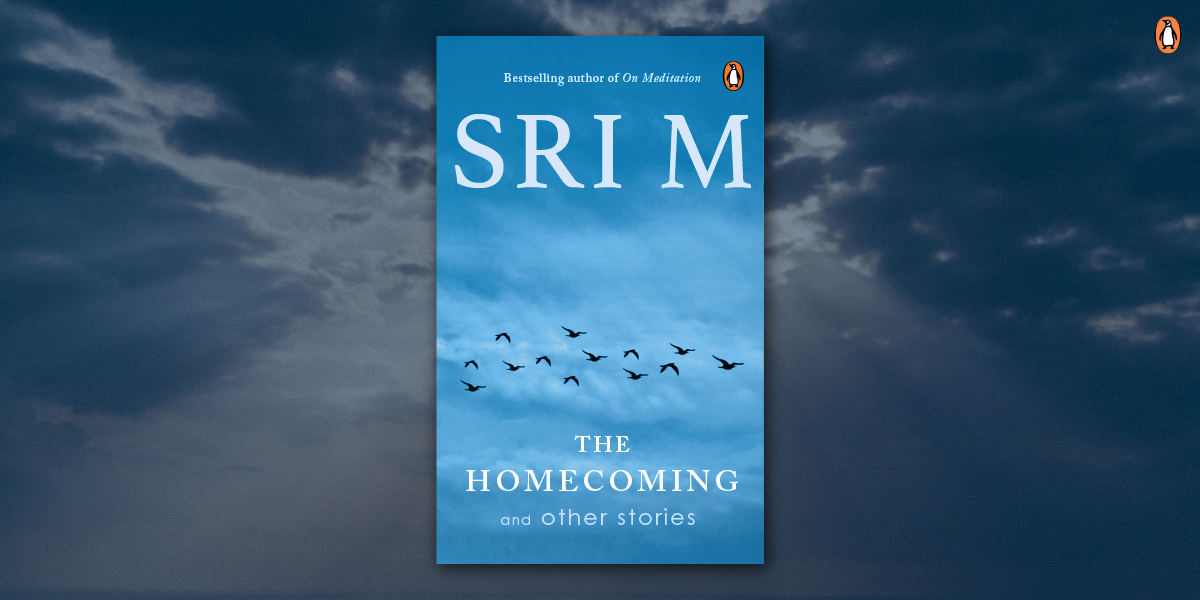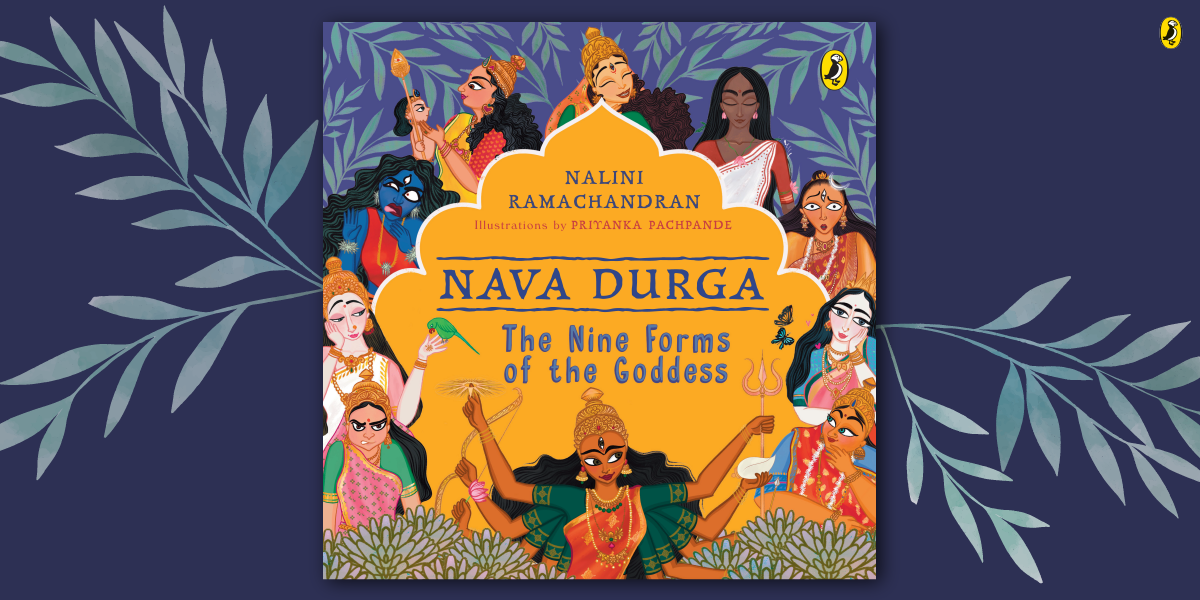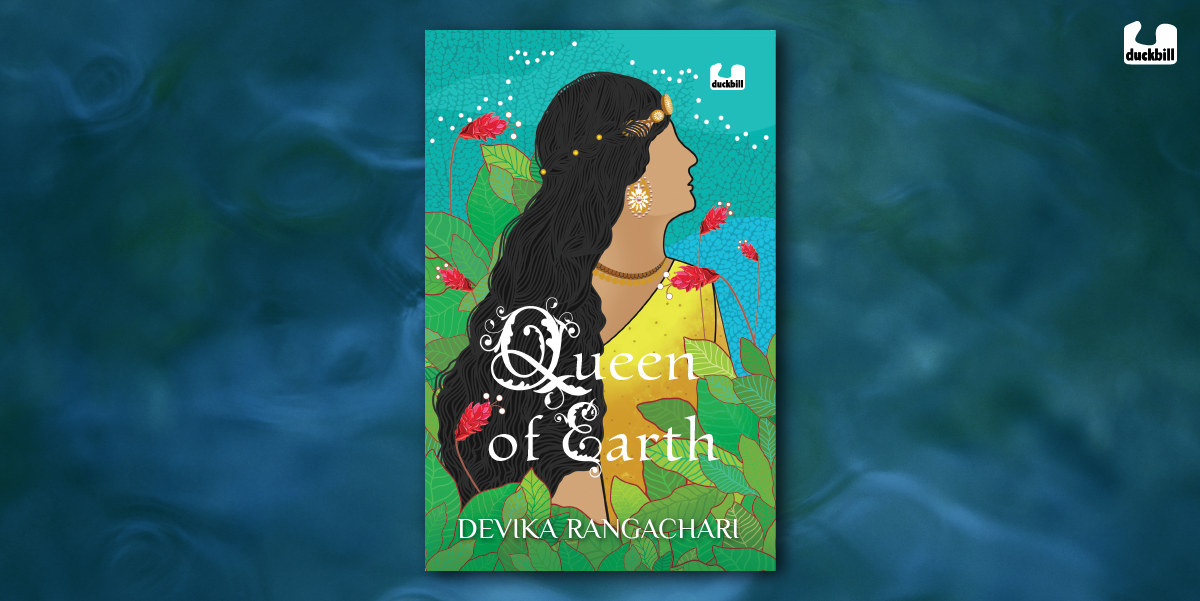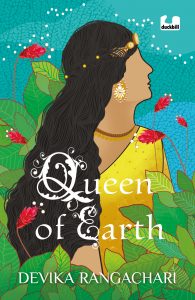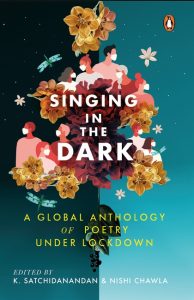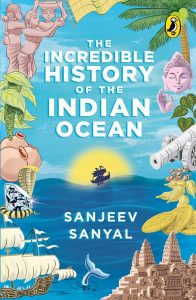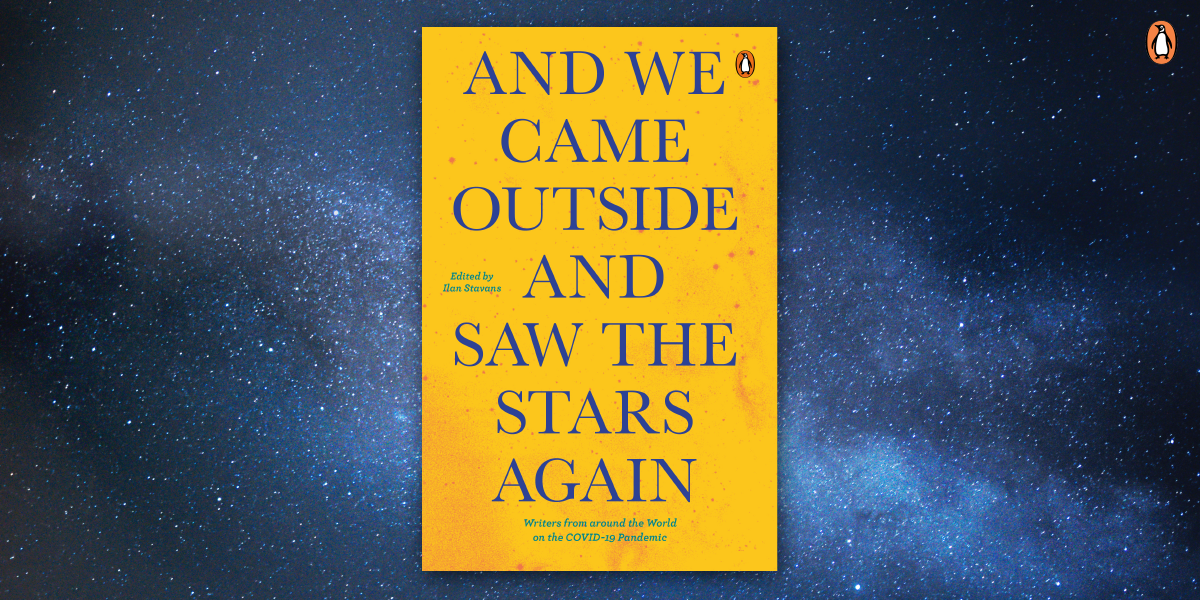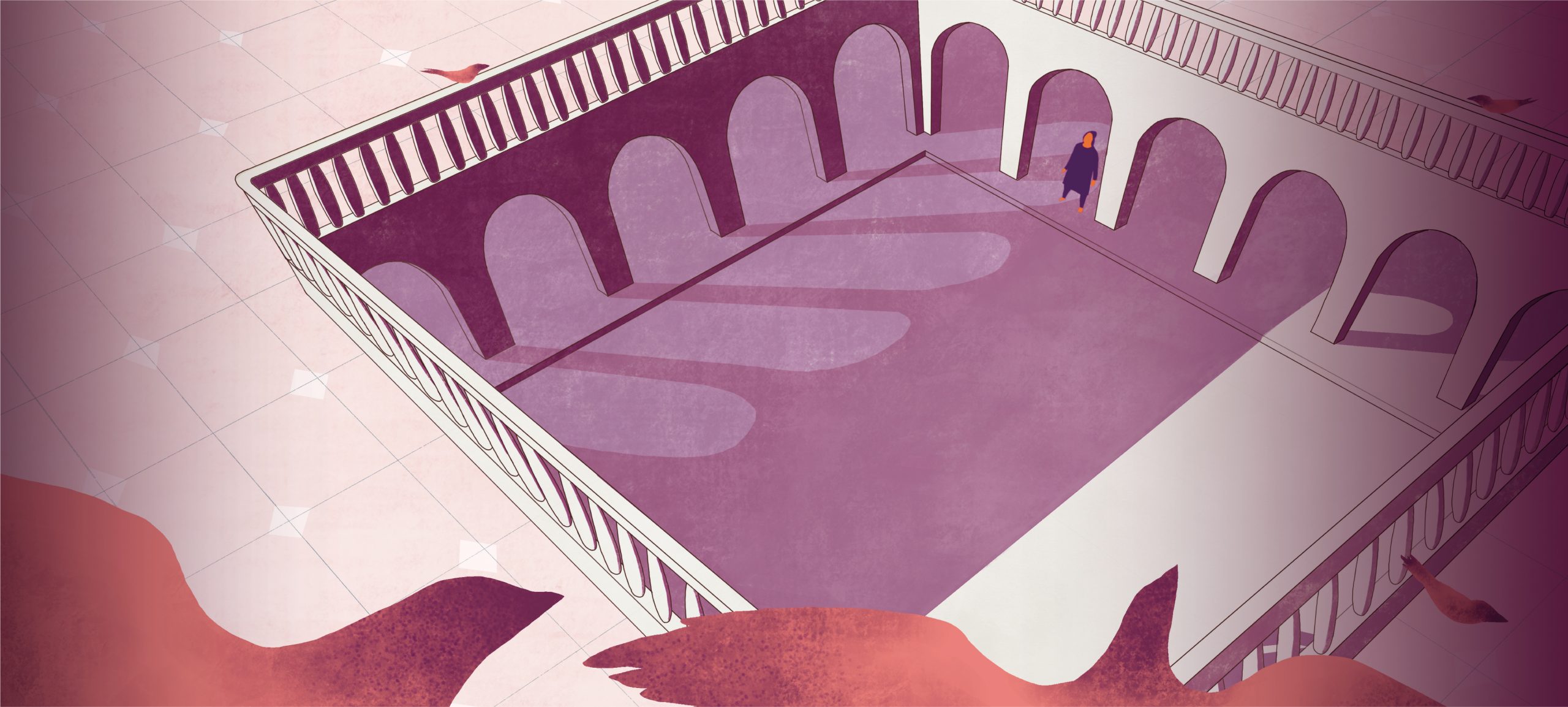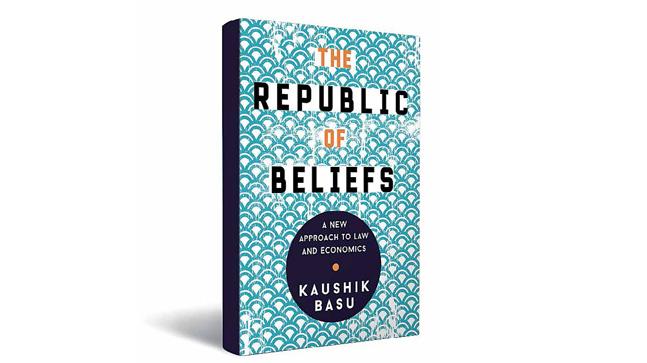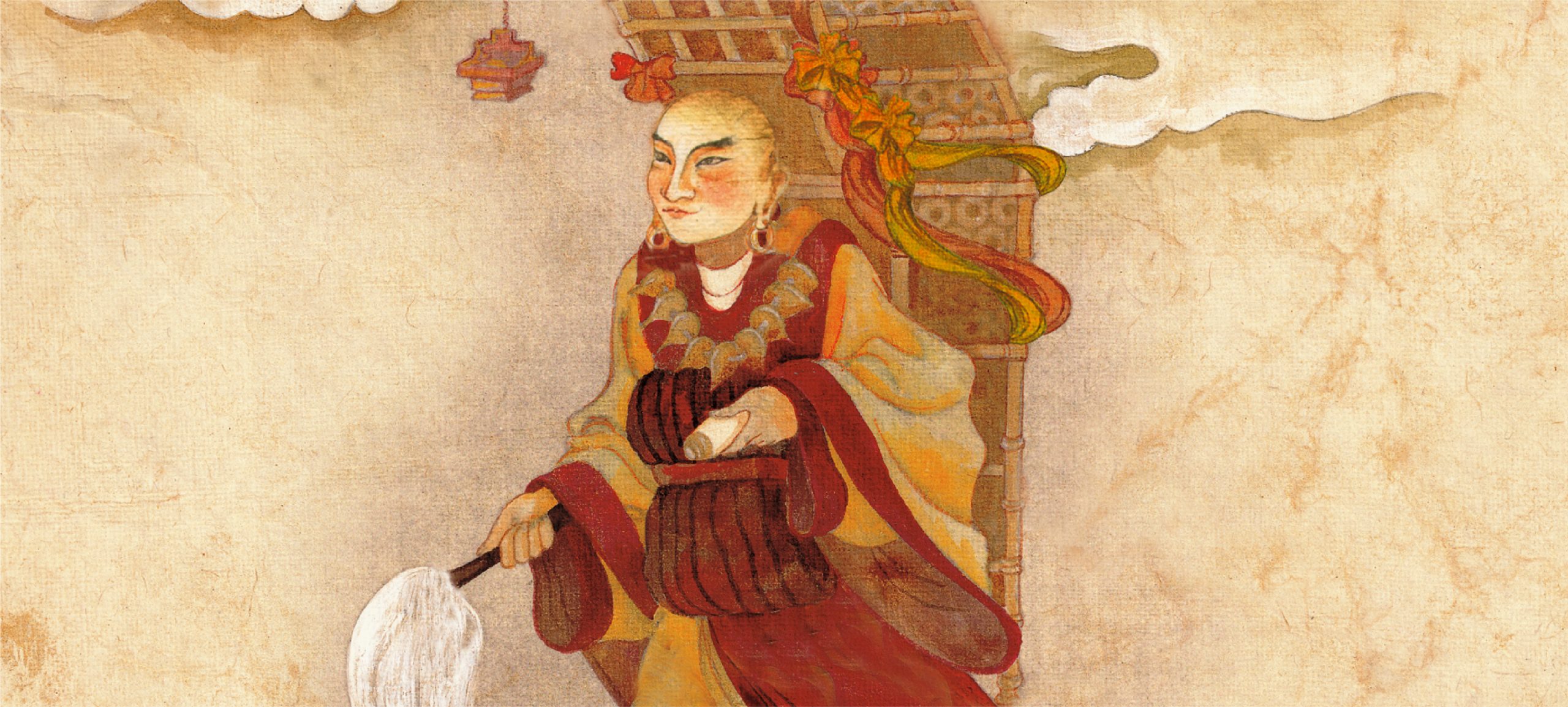Sri M’s writings are not concerned with doctrinal teaching; instead, they explore the core of humanity, looking at the nurturing dimension of spirituality. Get a glimpse into his captivating new book The Homecoming and Other Stories with this excerpt.
~
The well-built, curly haired young man of medium height, dressed in blue jeans, red T-shirt and brown ankle boots, carried only one piece of luggage—a small-sized, glossy black Ecolac briefcase.
Krishna, with his twenty years of experience as a licensed porter at the Bengaluru City railway station and given to watching all kinds of people with all kinds of luggage, noticed that not once since he had entered the platform had the young man put down the briefcase. Unusual, because from the way he carried it there was little doubt in Krishna’s mind that the briefcase, though small, might be heavy.
‘Gold ornaments, may be even gold biscuits,’ Krishna said to himself. He had carried what he guessed was gold many times. Bangaru Chetty, the well-known jeweller, always engaged him to carry his luggage. Chetty trusted him.
Trust. A lot of people trusted him but what had he gained? Nothing.
He rubbed his fingers across the brass badge pinned to his red T-shirt which proclaimed that he was a licensed porter, licensed to carry other people’s luggage all his life, while he himself possessed nothing other than life’s burdens: a heavy load which he knew no one else would care to share. So much for trust and honesty.
Krishna wasn’t the type who coveted someone else’s property but under the prevailing circumstances, in sheer desperation, he was willing to deviate from the principled life he had led thus far. What had his high principles given him, as his wife once said, ‘except poverty, misfortune and eternal sorrow?’
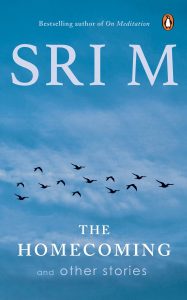
‘Just this once,’ he said to himself. ‘Let me give it a try. Must be a smuggler. The loss would be nothing to him.’
The station was crowded. Armed policemen stood outside a special coach of the Chennai Mail, guarding some politician, an ex-minister of Tamil Nadu who, for some strange reason, had decided not to spend the taxpayer’s money flying and go by train.
Krishna steadied his nerves with great effort and walked up to the young man with the briefcase who was standing outside the second-class sleeper coach adjoining the minister’s VIP coach. Hardly ten minutes left for the train to start and he was still outside. Perhaps waiting for someone.
‘Porter, sir?’ said Krishna and gestured towards the briefcase.
The young man said, ‘No,’ and turned his face away.
Under normal circumstances, Krishna would have gone and found another traveller but that day he just stood beside the news-stand nearby absorbed in his own thoughts.
‘Krishna,’ he said to himself ‘You are not made out for that kind of stuff, see? You certainly can’t snatch the briefcase and run. Crime is not your cup of tea. You can’t do it. So, suffer. Be an honest man . . .’
…By now the train had gathered speed and had moved out of the platform. The ticket collector was at the other end and no one else seemed to give any serious attention to his movements. Taking advantage, Krishna jumped out of the train, adjusting his gait to avoid falling…He stood still for a while, briefcase in his hand, taking stock of the situation. It was clear that he couldn’t walk out of there or go home carrying an elegant, new briefcase. He would have to transfer the contents into his old worn-out airbag in which he carried his uniform and lunch-box every morning when he came to the station…He collected the bag from the shelf and walked back to the shed to collect the briefcase, which was locked, just as he had expected it to be. He decided to break it open after going
home, if it could somehow be fitted into the bag.
…He pushed open the door and went in. Apart from the tiny kitchen there were only two rooms. In one of them was an old hand-operating sewing machine his nineteen-yearold daughter used to earn a few rupees doing simple stitching and mending jobs for the neighbours. She had fallen asleep on a floor mat, waiting for him. Beside her was his dinner: Ragi balls, beans curry and tamarind chutney. Meenakshi was smiling in her sleep. Her dream world was perhaps happier than the real world he had brought her into. Tears came rolling down his eyes as he saw her torn skirt, plastic bangles and imitation gold earrings. Perhaps it would all change now. How lovely she would look with real gold ornaments! He was hungry but decided to eat later. First, he had to open the briefcase and he had better do it without waking them up. There was no light in the other room where Ambuja, his wife, seemed to be sleeping soundly, thanks to the sleeping tablets he had managed to get her in the morning. Carrying the briefcase, he tiptoed into the tiny kitchen. The electric light wasn’t working because the bulb had popped. He lit the kerosene lamp, softly pushed the door shut and sat on the floor. Holding the briefcase in his lap he examined the locks, trying to figure out the best way to pry them open with the least noise. That was when he heard the peculiar ticking sound coming from inside the briefcase. What happened next took only a split second. A fire-orange, dazzling flash, followed by an ear-splitting blast! Krishna couldn’t complete the scream that rose in his throat.
The same night, just as the train moved out of the station, the young man emerged from the canteen, walked up to the public telephone booth and dialled his boss’s number. ‘Okay sir, all done. Too much security for the minister, sir. Didn’t want to risk getting caught, so planted the briefcase in the next compartment. Range more than enough, sir.’ ‘Thank you, goodbye,’ said the man on the other side and hung up. Then with a smile on his lips, he poured himself a peg of Old Monk rum and drank it up straight, celebrating in advance the death of Enemy Number One.
~
The Homecoming and Other Stories is a collection of short stories by Sri M that explore the impact of human behaviour and the nuances of spirituality.







